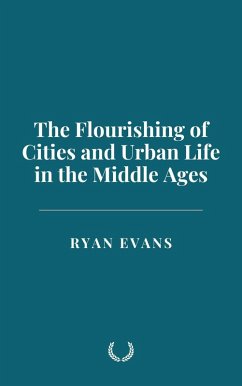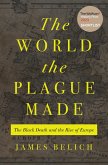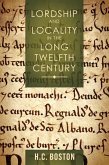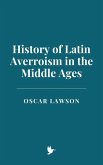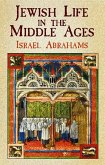The book delves into the intricate ways in which medieval cities functioned, from their economic engines powered by guilds, merchants, and craftsmen, to the political systems that allowed cities to assert their autonomy through town councils and municipal charters. It examines the role of cities in fostering intellectual life, particularly through the rise of universities and the exchange of ideas across cultural and religious boundaries. Cities like Paris, Florence, and Venice stand as case studies for how urban centers evolved into hubs of trade, education, and artistic expression, influencing the course of Western civilization.
Through the analysis of primary sourcessuch as town charters, legal records, guild documents, and chroniclesthe book sheds light on the social dynamics of medieval cities, focusing on the lives of women, artisans, laborers, and the poor, whose voices often went unheard but whose struggles were instrumental in shaping urban history. The book also explores the impact of major events like the Black Death, urban revolts, and the Crusades on the development of cities and their inhabitants.
As the medieval period drew to a close, the rise of cities heralded the decline of feudalism, giving way to more centralized political structures and laying the foundations for the modern European state. The study of medieval cities, their challenges, achievements, and legacies, thus provides crucial insight into the historical evolution of urban life and its enduring influence on the structure of modern societies. This book demonstrates that the cities of the Middle Ages were not merely passive settings but active participants in shaping the economic, social, and cultural landscapes of Europe, leaving a legacy that continues to resonate in the urban centers of today's world.
Dieser Download kann aus rechtlichen Gründen nur mit Rechnungsadresse in A, B, CY, CZ, D, DK, EW, E, FIN, F, GR, H, IRL, I, LT, L, LR, M, NL, PL, P, R, S, SLO, SK ausgeliefert werden.

